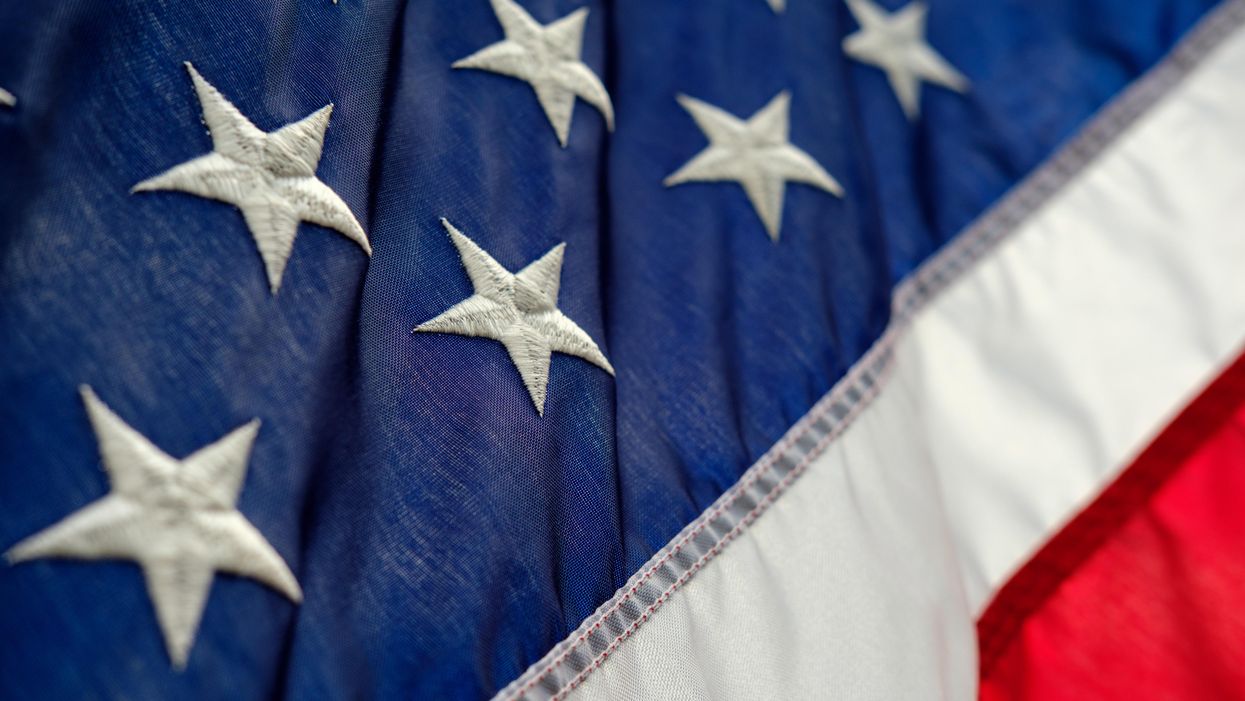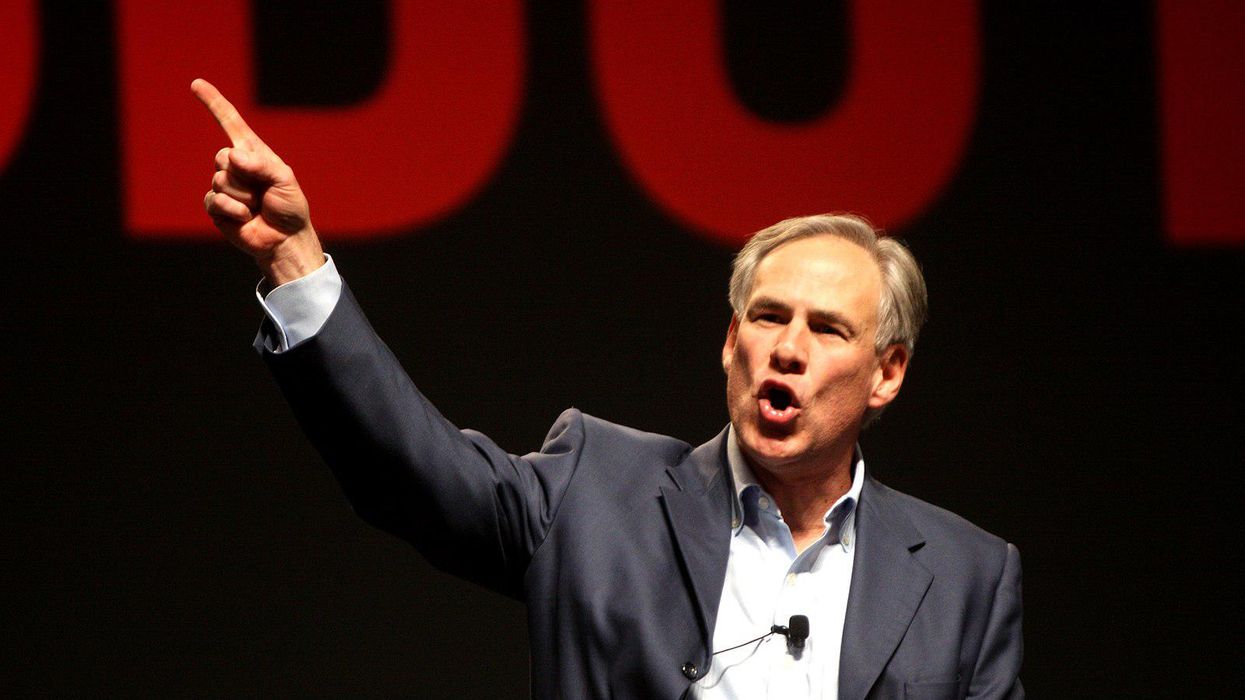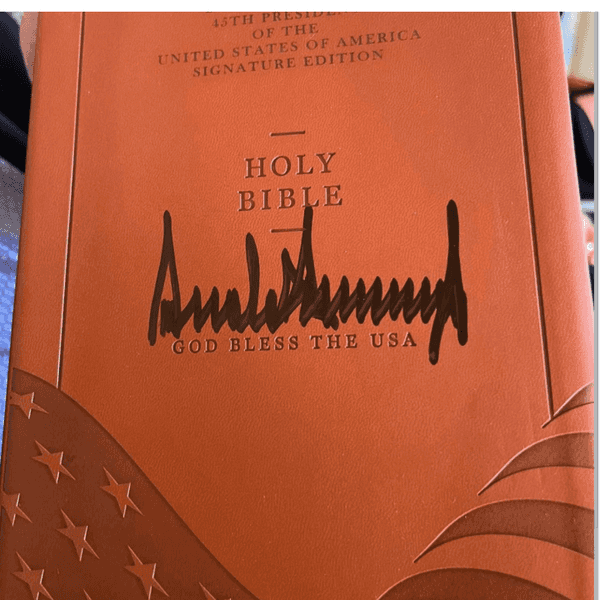What Patriotism Means -- And Doesn't Mean -- In America Today
Marking this year's Independence Day will feel different to most Americans because the yoke of an oppressive presidency has been lifted from the nation. Over the past four years we endured the rule of a man unfit for the responsibilities of his office, unwilling to honor the oath he had sworn to uphold the Constitution and unable to lead our diverse people as we seek a more perfect union. The end of that unwholesome episode is ample reason for celebration — and an occasion to reflect on what patriotism means to us.
No American president in memory has so starkly epitomized the distinction between patriotism and nationalism as former President Donald J. Trump. And what he has showed us, in his typically crude style, is that lurking behind the loudest manifestations of nationalism is usually a gross betrayal of American ideals. We have also learned important lessons, sometimes — but not always — uplifting, about the values held by our fellow Americans.
Trump's misuse of national symbols and slogans was embedded deeply in his presidential campaign and the authoritarian movement it spawned. Ignorant of the rules and protocols that surround our flag, he hugged it to himself as if it were his personal property. Contemptuous of our constitutional traditions, he told voters that only he could "make America great again." Oblivious to the historical meaning of a phrase used by Nazis to weaken our resolve against fascism, he proclaimed "America First" as the foundation of his foreign policy. Or perhaps he did know — as so many of his bloody-minded supporters surely do.
From the day that he opened his first presidential campaign with the utterance of racist tropes, to the day that he tried to hang onto the presidency by inciting an insurrection at the Capitol, Trump violated every principle that an American patriot should uphold. He sought the highest office with the assistance of a foreign adversary in a manner that his own campaign manager deemed "treasonous," and then compounded that offense. He repeatedly undermined confidence in our democratic system, an act he has vowed to continue until his final breath. He purposely damaged the alliances that have protected our security for 75 years. He spit on the principles of liberty that distinguished us and our allies from the regimes that aim to humble us and cultivated dictatorships because he adores that vile and alien form of government.
Unhappily we watched as Trump infected the Republican Party, which was founded by Abraham Lincoln, with the nationalistic bluster that is his political brand — and displaced its policies and principles with conspiratorial obsessions and a personality cult. The party that once prided itself on its support of national security, military valor and the rule of law has discarded those standards. Trump's nasty little minions disparage the U.S. Army, the FBI, flag officers and decorated heroes, merely to please their Dear Leader. Those debased displays have settled the question of whether conservatives are more patriotic than liberals, which I have sometimes contemplated in this space.
But we have also watched over the past four years as some lifelong Republicans confronted the truth about Trump and what his rise proved about their party. Forced to choose between party and country, many of them made the truly patriotic decision to fight against Trumpism, even if it meant turning their backs on longtime friends and joining with their former foes in the Democratic Party. With those courageous acts, they salvaged a measure of honor for traditional conservatism.
At the moment, Trump and his minions are once again brandishing "patriotism" and so-called "patriotic education" to demonize Americans who are willing to face the ugly facts about American history, from slavery and Jim Crow to the dispossession and genocide of native Americans to the bigotries that still deface our country. It's another big lie.
On this holiday, let's acknowledge that love of country need not be blind. Generations of Americans of all backgrounds — the Black soldiers who return home to communities that violated their dignity, the Nisei troops who defended a nation that interned their families, the Native code-talkers from impoverished reservations — have proved their loyalty over and over again, despite their own deep awareness of how distant we are from that more perfect union. My father was a soldier too, and I stand with them.
Know your country, love your country, and defend your country's ideals of liberty and equality against all enemies, foreign and domestic.
Happy Fourth.
To find out more about Joe Conason and read features by other Creators Syndicate writers and cartoonists, visit the Creators Syndicate website at www.creators.com.










